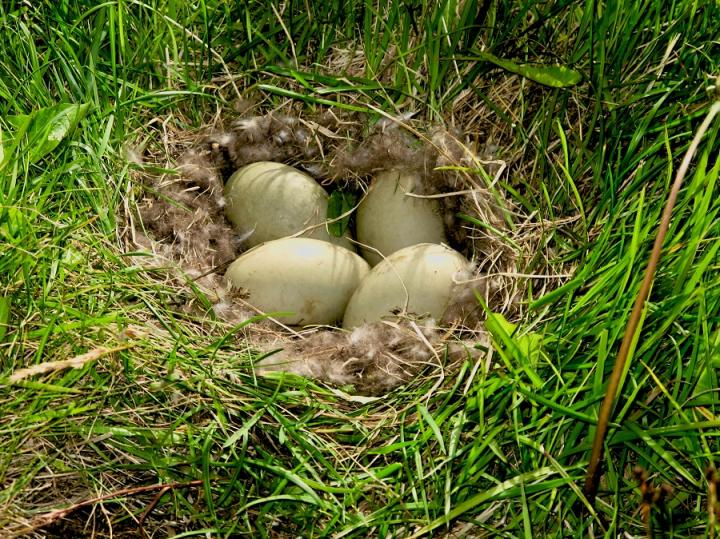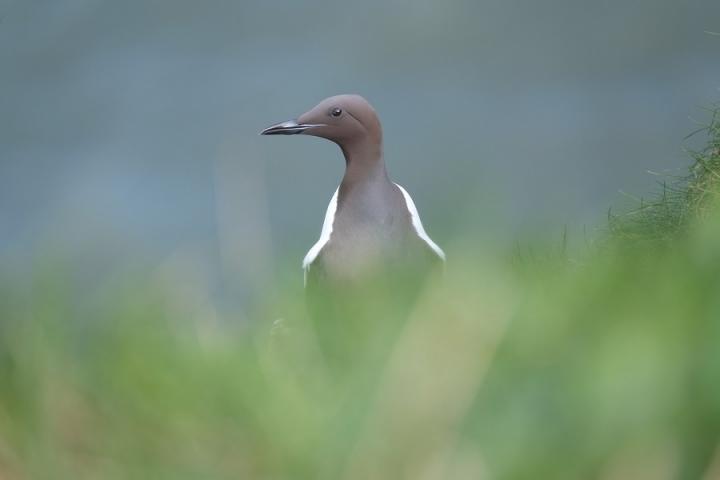Reproductive ecology
Environmental conditions can have a major impact on reproduction in animal populations potentially limiting population success. We are interested how environmental signals combine with genetic information in the early life environment to shape life-history responses and the success of subsequent generations.
Environmental effects on reproductive allocation

We are interested in how environmental conditions affect the reproductive ecology of animal populations. Many environmental factors can limit how much parents can able to allocate to young and hence, how a parent should divide resources between family members. This includes their social environment, with the level of investment or allocation being conditional on other family members and wider network of interactions. We have shown the females are flexible in the amount they invest in different breeding attempts in response to external cues but these cues can vary across a female's lifetime. These changes have implications for traits such as embryonic survival and the condition of offspring after birth or hatching which can be slowly closely tied to their future survival.
Parental age and reproductive allocation

In many animal species, including humans, reproducing at a later age is thought to correlate with increased risks for both mother and offspring. These risks are generally thought to be due to the senescence of parents; as individuals get older they may suffer from a number of different processes associated with aging. However, as parents get older, the physiological costs and benefits of allocation resources to their offspring can also change. A full understanding of how these parental age effects operate is important not only for those interested in offspring health and fitness but for our understanding of the ageing process. We are examining why maternal age has a negative impact on both sons and daughters.We use both insect and avian systems with short generation times to investigate these effects and are particularly interested in how parental age affects the ability of offspring to reproduce successfully as well as their ability to survive.
Reproductive allocation of maternal immunity: responses to infection and vaccination

The transfer of maternal immunity to their offspring can play an important role in protecting their young from early exposure to disease. However the consequences of variation in this immune response for the long term development of offspring - both in response to natural infection and in response to health interventions such as vaccination - remains unclear.
Maternal immunity and early protection of offspring can potentially be induced by vaccination and in many animal systems the vaccination of mothers as opposed to their many offspring can be employed to control common animal diseases and potentially reduce overall levels of drug use in animal breeding programmes. However, the long term effects on both the development of the offspring's own immune system and the responses of pathogenic organisms to blanket protection of young are not yet clear. We are examining the dynamics and long term consequences of maternal immunity in response to vaccination against diseases that are both avian specific and zoonotic (potentially a risk to humans) including salmonella and avian flu.

